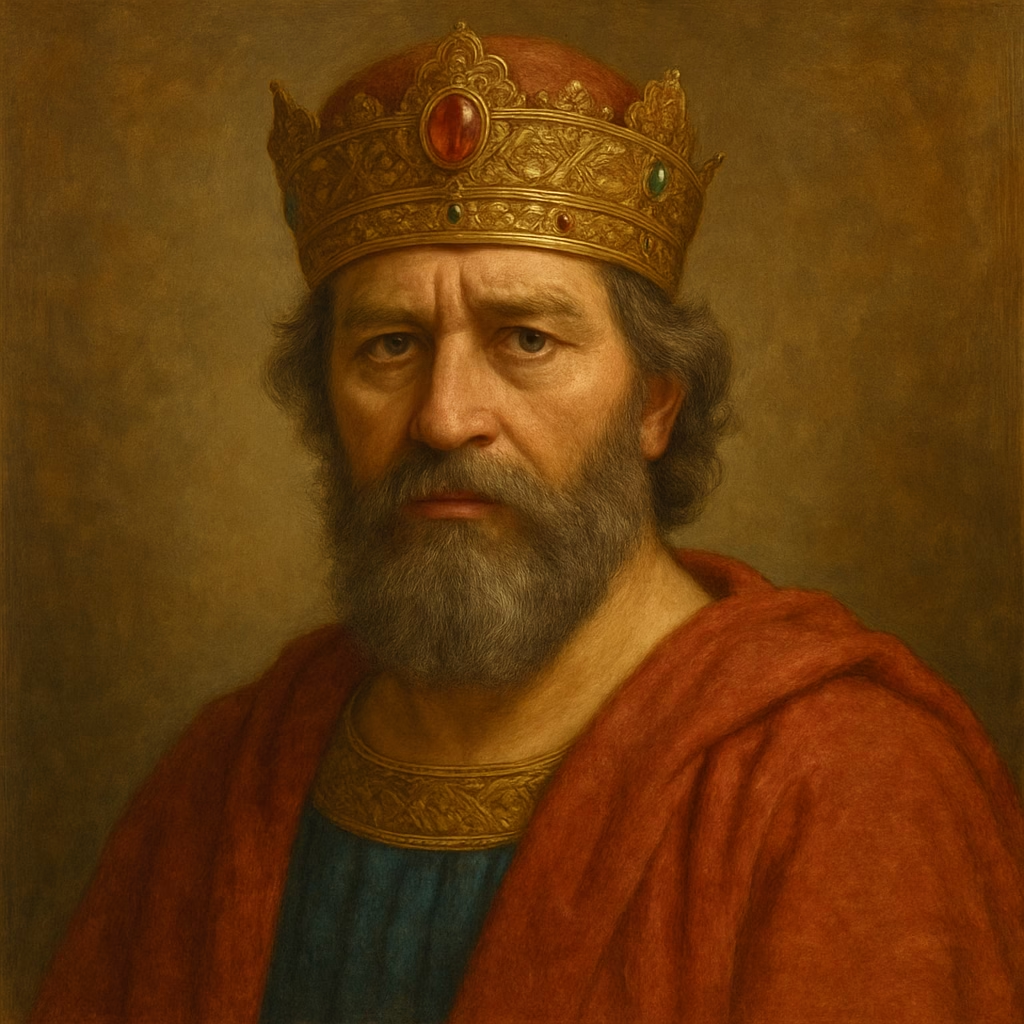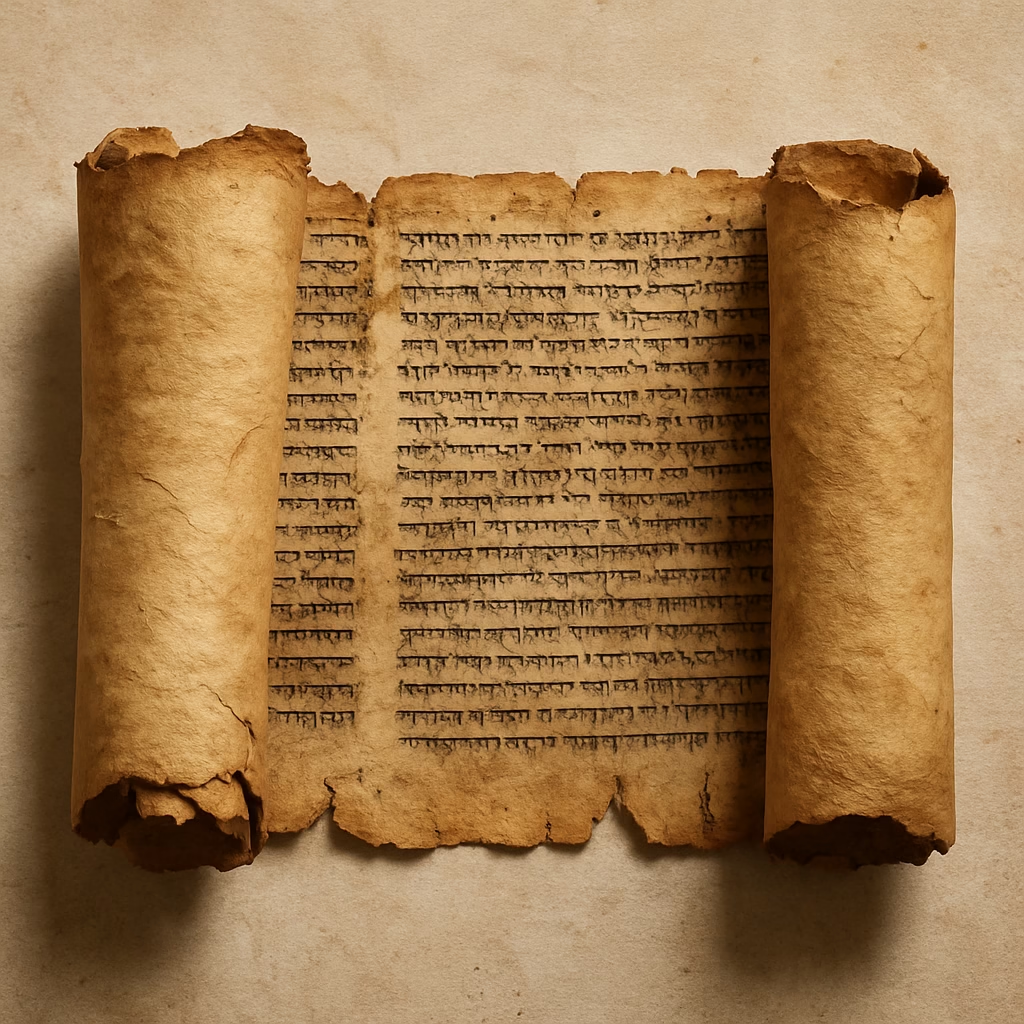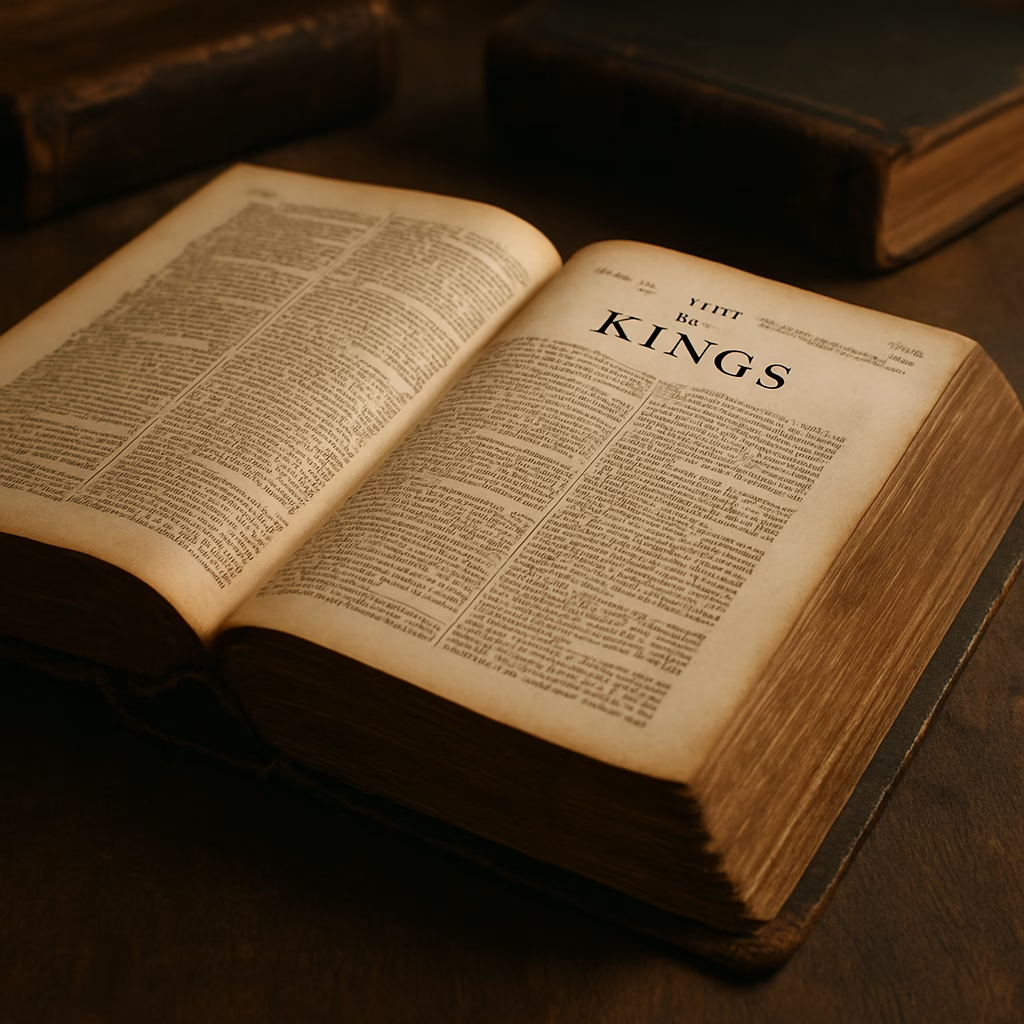📖 Who Was King Manasseh?
King Manasseh was the son of Hezekiah and became the 14th king of Judah. He began his reign at just 12 years old and ruled for 55 years – the longest reign of any king in Judah (2 Kings 21, 2 Chronicles 33).
Unfortunately, he is remembered as one of the most evil kings in Israel’s history, at least for the first part of his reign.
“Manasseh did evil in the eyes of the Lord, following the detestable practices of the nations the Lord had driven out…” – 2 Kings 21:2
😔 Manasseh’s Sinful Reign: The Depth of Rebellion
King Manasseh undid the godly reforms of his father, Hezekiah. He:
- Rebuilt altars to Baal and Asherah
- Introduced astrology and sorcery
- Practiced child sacrifice
- Set up idols in God’s holy temple
- Led Judah deeper into sin than the surrounding pagan nations
“He led them astray, so that they did more evil than the nations the Lord had destroyed before the Israelites.” – 2 Kings 21:9
His reign brought spiritual darkness and national judgment. But his story doesn’t end there.
🙌 Manasseh’s Repentance: A Shocking Turn
God allowed the Assyrians to capture Manasseh. Bound in chains and taken to Babylon, he finally humbled himself.
“In his distress he sought the favor of the Lord his God and humbled himself greatly before the God of his ancestors.” – 2 Chronicles 33:12
He prayed to God, and God heard him. In one of the Bible’s most powerful stories of grace, God restored Manasseh to his kingdom in Jerusalem.
After returning, he:
- Removed foreign gods and idols
- Repaired the altar of the Lord
- Commanded Judah to worship Yahweh
“Then Manasseh knew that the Lord is God.” – 2 Chronicles 33:13
✝️ Key Lessons from King Manasseh’s Story
1. No One Is Beyond God’s Mercy
Manasseh committed terrible sins, yet God forgave him. This proves that grace is greater than guilt when we truly repent.
2. Repentance Must Be Sincere and Transformative
Manasseh’s repentance was not just words, it led to real life change. True repentance results in a changed direction.
3. Spiritual Legacies Can Be Reversed
Though Manasseh began in darkness, his story ended in light. No family legacy of sin is too deep for God to redeem.
4. God Hears Prayers—Even from Rock Bottom
In prison, in pain, in humiliation, Manasseh prayed. And God listened. Wherever you are, you are not out of God’s reach.
🙏 A Prayer Like Manasseh’s
“Father, I come before You acknowledging my sin and my need for Your mercy. I’ve gone my own way, but I want to return to You. Like Manasseh, I humble myself before You. Cleanse me, change me, and use me for Your glory. Thank You for Your endless grace. In Jesus’ name, Amen.”
💡 Devotional Takeaway
“God’s mercy is deeper than your worst mistake.”
King Manasseh reminds us that it’s never too late to return to God. Whether you’ve wandered for a day or for decades, God’s grace can write a new ending to your story, just like He did for Manasseh.
❓ FAQs About King Manasseh
Q: Was King Manasseh the most evil king in the Bible?
A: Yes, he is widely considered one of the most wicked kings because of his idol worship, child sacrifice, and sorcery (2 Kings 21:6). Yet he is also one of the most profound examples of God’s forgiveness.
Q: Did Manasseh repent before he died?
A: Yes. While in captivity in Babylon, he humbled himself and cried out to God. His repentance led to both personal and national restoration (2 Chronicles 33:12–13).
Q: What did Manasseh do after he repented?
A: He tore down idols, restored the altar of the Lord, and commanded Judah to worship God. His life radically changed after encountering God’s mercy.
Q: What is the biggest lesson from King Manasseh’s life?
A: Redemption is always possible. No sin is too great for God’s grace when there is true repentance.






